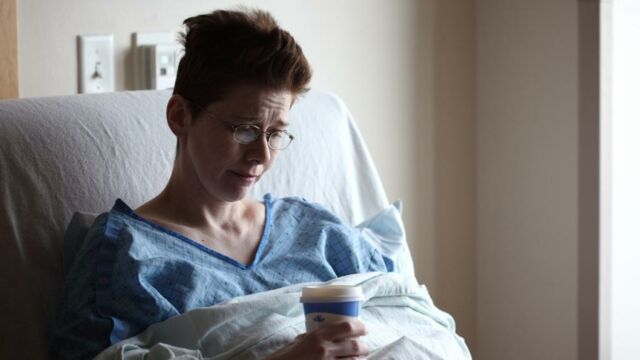Under the call for evidence plan, women are now being encouraged to share their healthcare experiences, and stories, with the government. The data collected will be used tofind solutions to the current inequalitiesin the healthcare system. Matt Hancock, Health and Social Care Secretary said:
Discover our latest podcast
The healthcare system needs to work for everyone, and we must address inequalities which exist within it.
Improving women’s health, especially at older ages, is critical for a fair health and care system in the future.
Call for evidence
The call for evidence is being executed through an online survey, and people can access the questionnaire with their mobile phones and computers. Nadine Dorris, Minister for Women’s Health, and organiser of the initiative said:
It’s crucial women’s voices are at the front and centre of this strategy so we understand their experiences and how to improve their outcomes.
Along with women, Dorris also urges organisations, and people, that support women to fill out the survey. She added:
I urge every woman, and anyone who cares for women, to feed into this call for evidence and help shape the future of women’s health.
Addressing the gender health gap
There are a multitude of studies that can confirm that when it comes to healthcare, women have been dangerously neglected. Studies have shown that gender bias plays a huge role when it comes to research on women’s health, and this has contributed to creating solutions that have often been worse for women. Furthermore, we have very limited information about conditions that only affect women, and the conditions we do know of, like endometriosis, are overlooked frequently due to lack of research.
Given the number of outstanding problems that are only widening the gender health gap in the UK, this initiative has a chance to turn things around for millions of women in the country.
Kemi Badenoch, Minister for Equalities commented:
Women know best when it comes to their health, and every woman in this country should feel heard and respected when it comes to their health. We want women of every age, ethnicity and sexuality, from every walk of life, to respond to our call for evidence so we can develop an ambitious strategy which puts their views at the centre.















